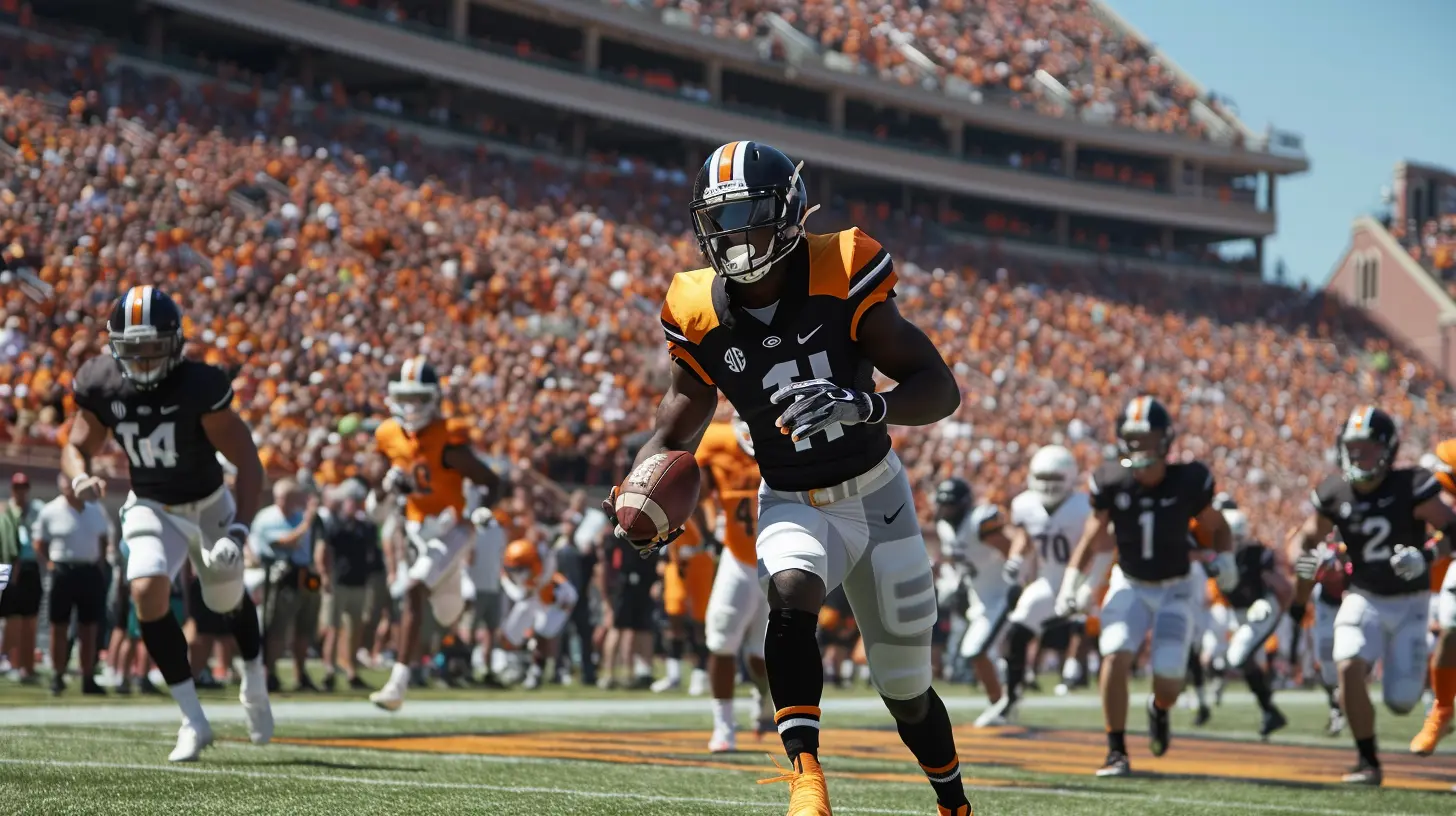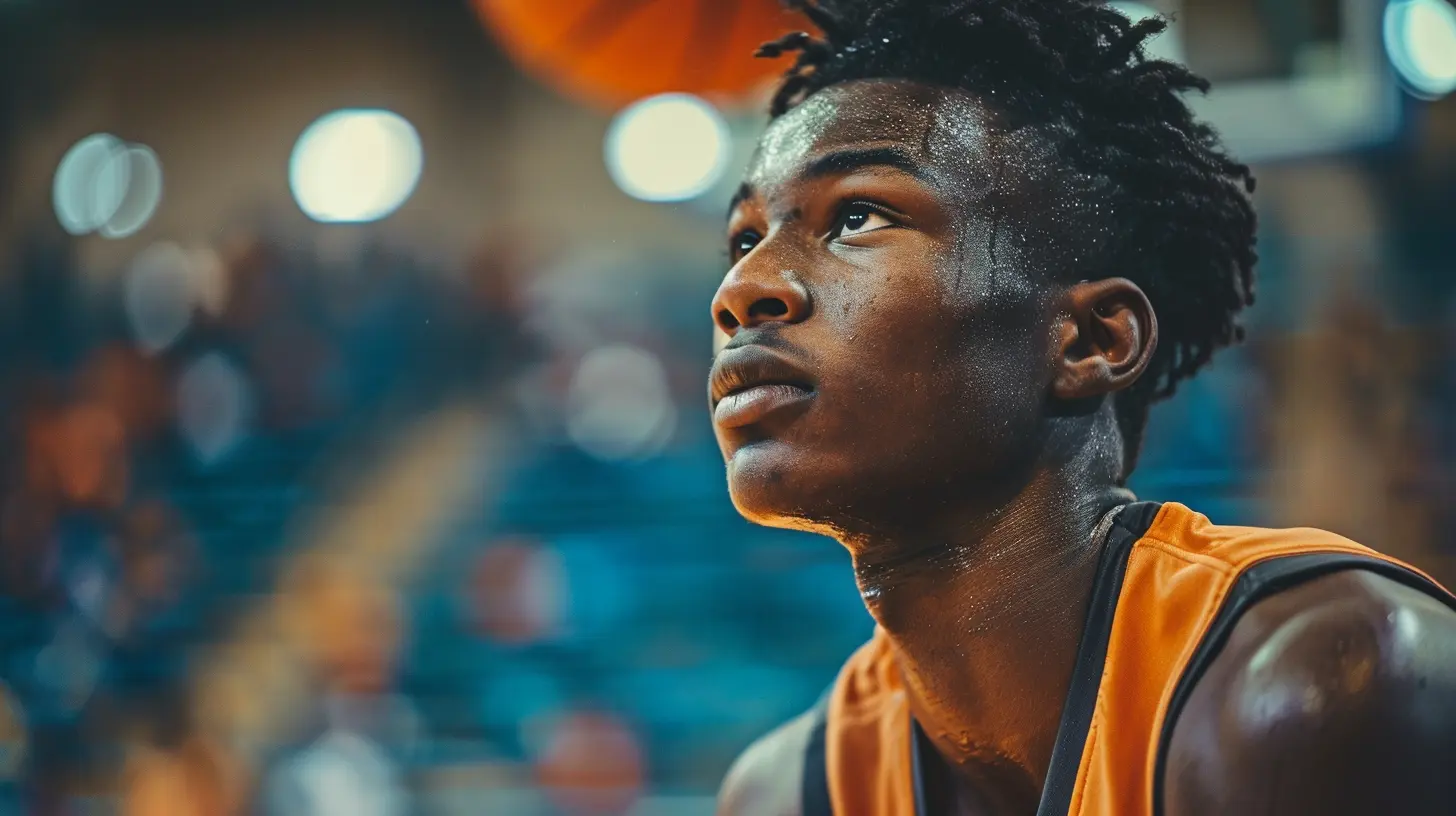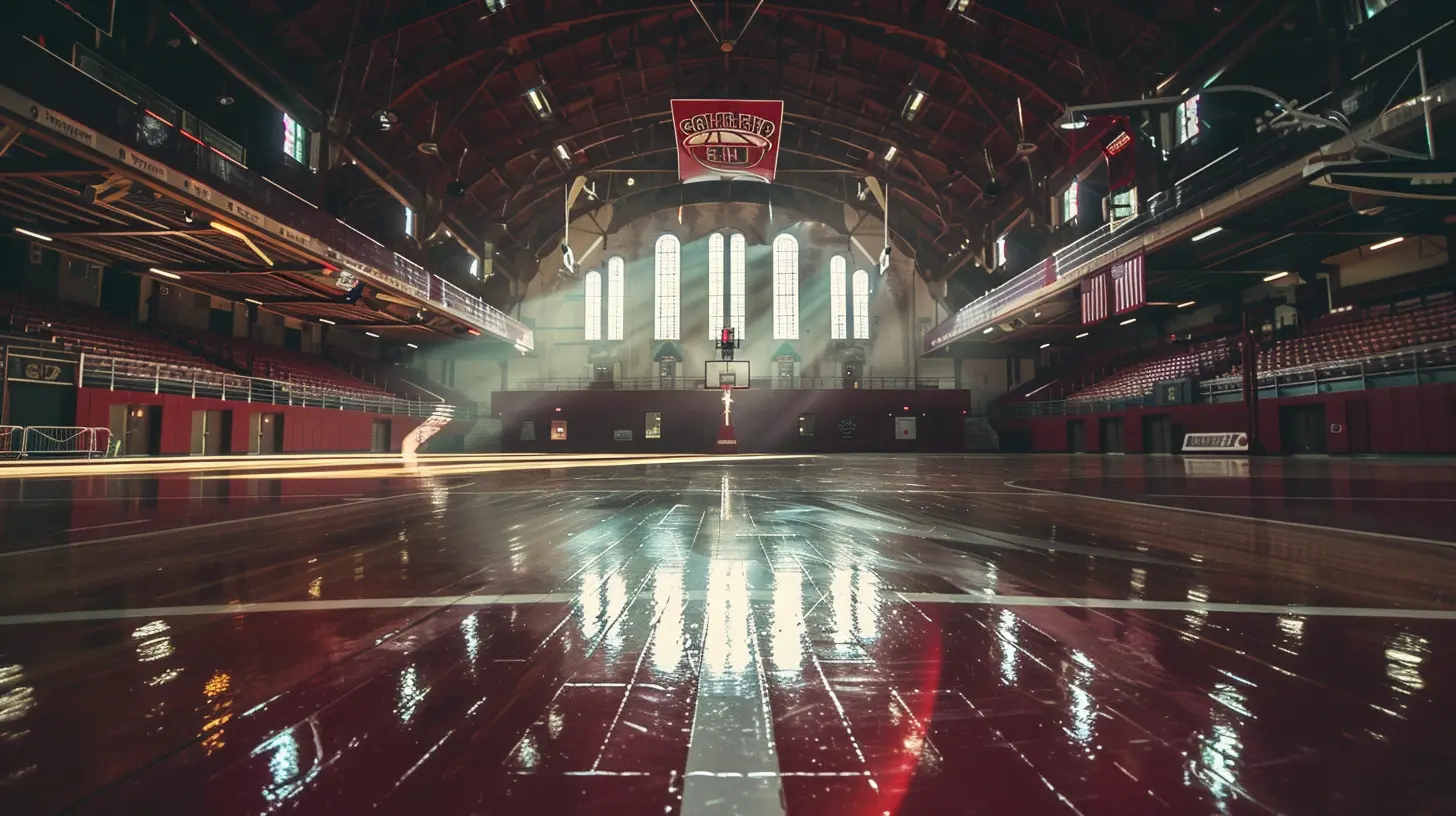How College Athletes Are Preparing for Professional Careers
1 October 2025
Becoming a professional athlete is a dream that so many college athletes hold close to their hearts. But let’s be real — raw talent alone doesn’t guarantee a contract, endorsement deals, or a long-lasting career. The path from college sports to the professional arena is tough, competitive, and full of unknowns.
So how do college athletes prepare themselves for life beyond the college campus? It’s not just about putting points on the board or lifting heavier weights in the gym — it's a full-time job that demands focus, strategy, sacrifice, and even business smarts. In this article, we’ll dive deep into how today’s student-athletes are getting ready — mentally, physically, emotionally, and financially — for the big leagues.
The Dream Starts Early — But Reality Hits Hard
You’ve probably watched documentaries or interviews with pro athletes who say, “I knew I wanted to go pro since I was six.” That’s the spark, the dream. But along the way, life happens. Injuries. Burnout. Academic struggles. Fierce competition. Very few college athletes make it pro — less than 2% in most sports. So, those who are serious about making the leap? They’ve got their work cut out for them.And preparation doesn't wait until senior year or draft week — it starts the minute they step onto campus.
Building The Body: Elite-Level Conditioning
Let’s talk about the obvious first — the physical side of things. If you want to go pro, you’ve got to train like a pro.College athletes are lifting, sprinting, grinding in the gym at 5 am, sometimes twice a day. They work with strength and conditioning coaches who tailor programs specifically to help them peak in performance at just the right time. That means focusing on flexibility, explosiveness, recovery, and injury prevention.
Nutrition also plays a crucial role. Gone are the days of fast food and soda. Many athletic departments now offer individualized meal plans, access to nutritionists, and supplements (within NCAA guidelines). Some athletes even hire private chefs or use meal-prep services to stay on track.
Bottom line? College athletes preparing for the pros treat their bodies like machines — and only fuel them with-premium grade stuff.
Mental Toughness: Training the Mind for the Big Stage
Ever heard the saying, “The game is 90% mental”? That’s especially true at the pro level. It's not just about how fast you can run or how high you can jump — it's about how you recover after a bad game or how you handle pressure when millions are watching.That’s why many student-athletes now work with sports psychologists. They do visualization exercises, breathing techniques, and mental rehearsal. They're learning how to handle the nerves, the criticism, and the expectations that come with being a professional.
Visualization, by the way, isn’t some woo-woo nonsense. Athletes practice mentally stepping onto the court or field, imagining the roar of the crowd, and seeing themselves succeed. It’s like mental reps — and it works.
Skill Development: Sharpening the Tools of the Trade
You can’t just coast by on natural ability. If you're a quarterback, you're spending hours studying film so you can read defenses faster. If you're a basketball player, you're shooting hundreds of free throws after practice.College athletes spend countless hours in the film room and on the practice field working with position coaches or specialists. Some even hire private trainers in the offseason. They're breaking down every movement, every stat, every small adjustment to get that 1% better every day.
Because in the pros, that 1%? It might be the difference between starting on Sunday and sitting at home.
Academic and Personal Growth: The Off-Field Preparation
Here’s something people often overlook — being a professional athlete means being a professional, period.That includes showing up on time, communicating well, having discipline, and even dressing the part. Many college programs now offer leadership development courses, career planning, and mentorship opportunities, not just for Plan B careers, but to prepare athletes for the business side of sports.
Handling media interviews, building a personal brand, managing time — these are all things pros deal with daily. The savviest college athletes don't just focus on the game; they focus on the bigger picture.
NIL and Branding: Welcome to the Business of You
With the recent changes in NCAA policy allowing athletes to profit from their Name, Image, and Likeness (NIL), a whole new layer of preparation has opened up.Now, college athletes are basically CEOs of their own personal brand. They’re learning how to market themselves on social media, cooperate with sponsors, and negotiate deals. They're hiring agents, publicists, or managers — some even build their own merch lines or content channels.
This kind of entrepreneurial mindset is reshaping the modern athlete. It's no longer just about the sport — it’s about maximizing opportunity, smartly.
Building a Support Team: It Takes a Village
No one makes it alone — not in college, not in the pros. That’s why smart student-athletes surround themselves with a solid support network. We're talking about mentors, coaches, teammates, trainers, academic advisors, and family.They also rely on their schools’ resources: sports medicine professionals, career counselors, and alumni networks. Some even connect with former players who made it pro to get advice, training tips, or just a reality check.
Having a good support system helps them stay grounded, focused, and centered when the pressure ramps up.
Managing Time and Balancing Life
Being a student-athlete is almost like having two full-time jobs — one in the classroom and one in the training room. Throw in social pressures, travel schedules, and potential NIL commitments, and you’ve got a packed calendar.Those preparing for professional careers know how to manage their time like pros do. They use planners, apps, and alarms to stay on track. They prioritize recovery and downtime like it’s part of their training routine.
Because burnout is real, and if you don’t take care of your mental health? It could derail everything you’ve worked for.
Exposure and Networking: Getting Seen and Connected
You could be the best player no one’s ever heard of — and that won’t get you drafted.That’s why college athletes go the extra mile to boost visibility. They participate in combines, open workouts, and showcases. They share highlight reels on YouTube and tag scouts on Twitter. Some even hire PR professionals to help them gain traction in the media.
And networking? That’s every bit as important. Athletes attend camps, meet alumni, visit pro facilities, and build relationships with agents or team reps. Because sometimes, getting your foot in the door is just about knowing the right person.
Preparing for Life After Sports (Yes, Every Athlete Should)
Here’s the harder truth: not every athlete will have a long, glorious career. And even those who do? Sports don't last forever.That’s why many college athletes, even those laser-focused on going pro, are also planning for life after the game. They’re earning degrees they’re passionate about, launching side businesses, developing skills in broadcasting, coaching, finance, or marketing.
Programs like “Athlete Network” or “The Players’ Tribune” help them tell their stories and stay connected long after retirement. Because when the buzzer sounds for the last time, having a plan matters — a lot.
Final Thoughts: More Than Just a Game
The journey from college sports to the pros is anything but easy. It’s filled with long days, tough choices, and moments of doubt. But those who make it? They’re not just athletic freaks of nature — they’re strategic, disciplined, and endlessly driven.College athletes preparing for professional careers are investing in every part of themselves — their bodies, minds, brands, and futures. They’re building something bigger than just a highlight reel. They’re creating a legacy.
So next time you see a college athlete putting in extra reps, staying after practice, or grinding in the film room — remember, they’re not just chasing a dream. They’re building it from the ground up.
all images in this post were generated using AI tools
Category:
College SportsAuthor:

Everett Davis
Discussion
rate this article
1 comments
Niko Harper
This article beautifully captures the dedication and resilience of college athletes as they transition to professional careers. Their hard work and determination are truly inspiring. It’s a reminder that success is built on perseverance and passion. Great read!
October 9, 2025 at 4:40 AM

Everett Davis
Thank you for your thoughtful comment! I’m glad you found the article inspiring and that it resonated with you.


